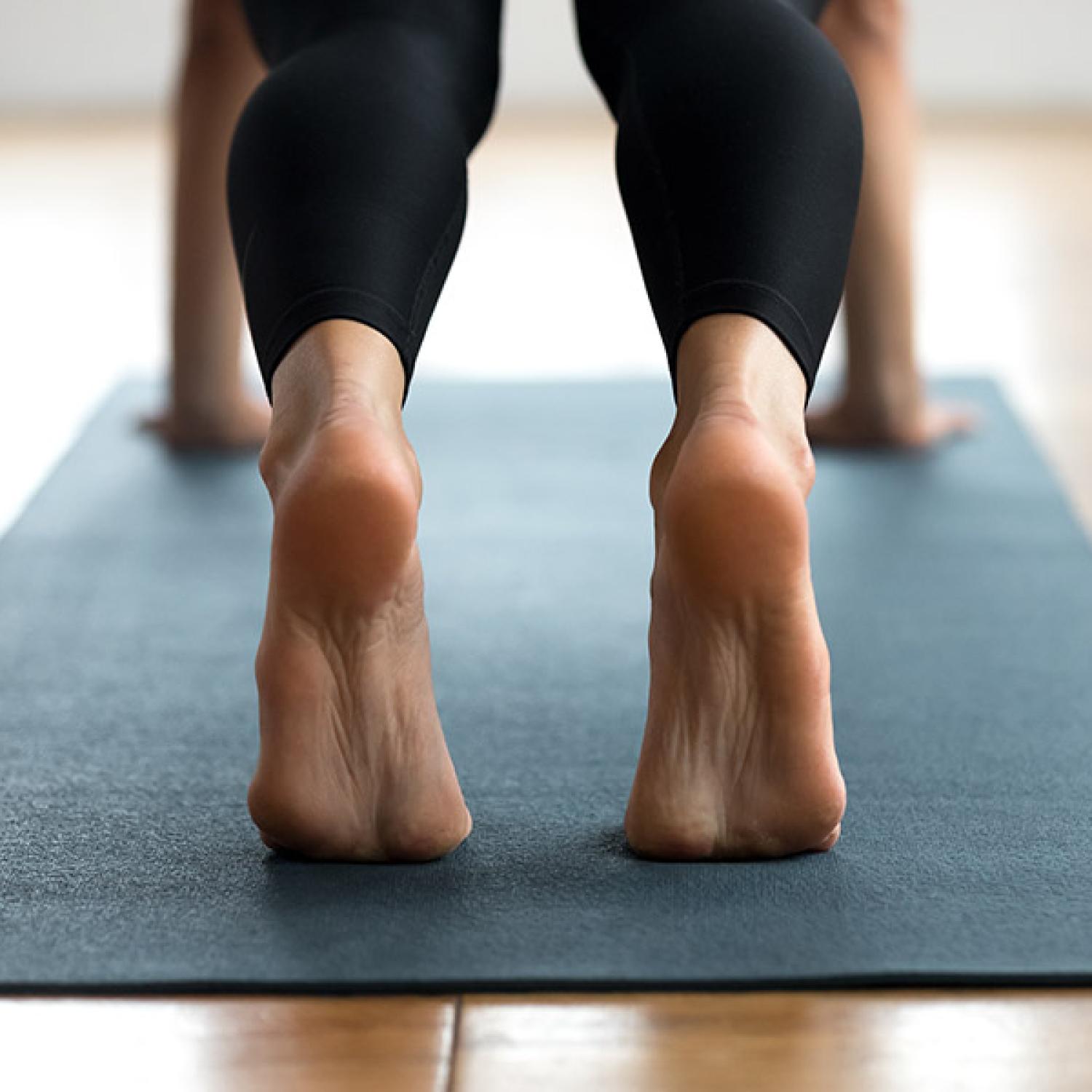Why do Pilates instructors need insurance?
Client condition worsens
As a Pilates instructor, you’re often asked to tailor exercises to those with specific illnesses and injuries. You might provide freelance work within a rehabilitation clinic, supporting physiotherapists to help people rebuild their strength, for instance. When a client’s back injury is worsened by a clinical Pilates session, they may seek financial compensation. Professional, treatment and public liability insurance can help a Pilates tutor with the cost of disputing a case and cover compensation if a claim is successful.
Accidents and injuries
Fitness studios can be busy places, so accidents can happen out of the blue. A class attendee might slip from their side plank on a loose studio floorboard or collide with a low ceiling on their way into your premises. One-to-one sessions can also carry risk – when you arrive at a client’s home, you might scratch a newly-painted wall with your kit bag. Pilates is customer-facing, so professional, treatment and public liability insurance can help with related slip-ups.
Equipment damage
Your equipment goes with you wherever you teach and it can be crucial for the smooth-running of your classes. So, if your Pilates chair is damaged while it’s being moved in the studio, or the mats you loan out are returned in an unusable state, it could prove expensive for your business. With portable equipment insurance built into your Pilates instructor policy, you’ll have cover for repairs or replacements if your insured equipment is lost, damaged or stolen.
What insurance is available for Pilates instructors?
Professional treatment liability insurance and public liability insurance can be helpful for Pilates instructors. So, we have combined them into one product – professional, treatment and public liability insurance. Though we talk about them separately below, professional, treatment and public liability insurance is a combined cover with one combined limit. You can get public liability cover as a Pilates instructor by purchasing this combined cover. Find out more about the business insurance products available to you by contacting us.
Professional treatment liability insurance
Whether you deliver classes within gyms or operate on an appointment-only basis, giving treatment instructions is key to Pilates – and every time you correct someone’s posture, you’re delivering close-contact care. This allows you to make a positive difference to clients’ physical wellbeing, but it also carries risk. Professional, treatment and public liability insurance can support your Pilates business if someone claims their condition was worsened by your actions or advice. It can help you to defend claims or pay compensation.
Public liability insurance
For a Pilates instructor who delivers in-person tuition, public liability insurance could be one of the most important types of cover to have in place. It means your Pilates business could be protected if a member of the public injures themselves. Public liability cover may also help if you accidentally damage a third party’s property in the course of your work. Having professional, treatment and public liability insurance in place could help pay legal fees and meet court-ordered compensation demands if your company is accused of causing a harmful incident.
Employers’ liability insurance
Employers’ liability insurance can be an important form of cover for any Pilates instructor who takes on a team member. It’s even a legal requirement (external link) in most cases where a business employs staff, even on a part-time, casual or voluntary basis. If you are a self-employed Pilates instructor and you decide to seek support with managing your bookings or taking classes, then taking out this type of insurance could be a key preparation step.
Pilates instructors may also choose personal accident insurance and a combination of property, portable equipment and cyber cover to protect their assets.
If you’re not sure what you need, tell us a little more about what you do. We’ll help you to build your quote and explore any other insurance needs.
Build my coverInsurance for Pilates instructors: FAQs
What insurance do I need to teach Pilates?
As a Pilates instructor, you may find you need the protection of a combination of insurance products to maintain your practice with reassurance.
Most cover isn’t legally mandated, however, employers’ liability insurance may be a requirement if you employ another instructor, or a team of teachers.
Professional, treatment and public liability insurance is combined cover designed for businesses such as yours and can help with class-based injuries and accidents unrelated to your instruction.
Cover for personal accidents can be helpful if you’re injured and unable to teach – and equipment insurance can help pay for repairs and replacements.
Learn more about the types of business insurance Hiscox offers and how they work.
Do I need insurance for my studio?
If you run a Pilates business from a studio, then you might need insurance for protection against risks such as break-ins and floods.
The type of cover you’ll need depends on whether you own or rent the studio. If the bricks and mortar are yours, then you might benefit from commercial property insurance, whereas office insurance is better suited to Pilates instructors who rent a studio.
If you work from various premises, then portable equipment insurance can cover the Pilates rings, rollers or mats you bring along. It can also safeguard the electronic devices you use to play music or review session plans.
Do I need insurance if I’m coaching Pilates online?
You may still need insurance if you provide online Pilates coaching because many key professional risks remain. As an online Pilates instructor, you still give instructional advice during every session, so professional, treatment and public liability insurance can be as relevant as ever.
If your Pilates business operates from your home, then it could be a good idea to ensure you have adequate contents insurance for the business equipment you’re storing there.
As your laptop becomes central to your work, cyber and data insurance may offer welcome reassurance that you’d be able to get back up and running after a hacking event or breach.
Related articles and guides

The biggest challenge for small business owners
Our survey found staying motivated was the biggest challenge for business owners, while creature comforts keep them going.

How to build a virtual support network as a freelancer
As a freelance Pilates instructor, you might have few peers to lean on. Read our guide to building a virtual support network to stay connected.

A guide to small business cyber security risks
Cybercrime isn’t a threat reserved for large corporations – even self-employed Pilates providers can be affected. Learn more with our guide to cyber security risks.
